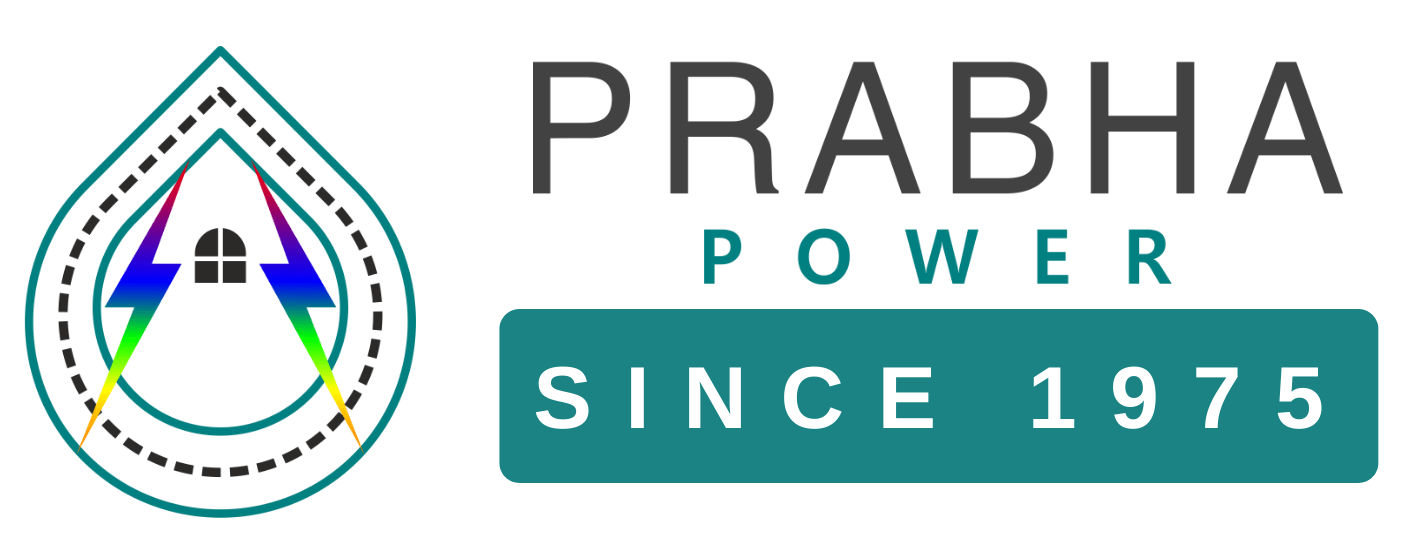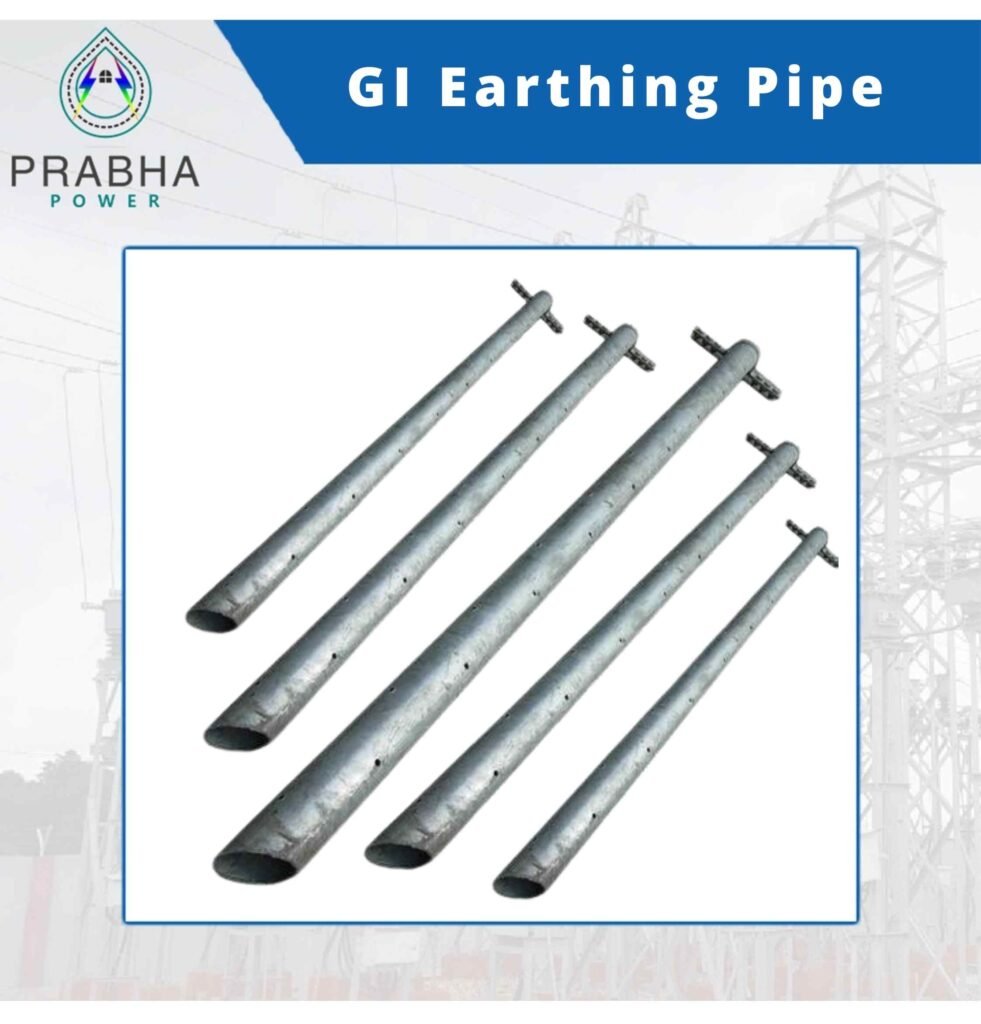GI Earthing Pipe: Types, Uses & Advantages
In electrical systems, ensuring proper grounding is crucial for safety and efficient operation. Earthing, also known as grounding, involves connecting electrical equipment and installations to the earth to prevent electric shocks, reduce the risk of fire, and protect electrical systems from damage. One common component used for earthing is the GI pipe.
GI Earthing Pipes, made of galvanized iron, offer several advantages when it comes to creating an effective grounding system. These pipes are designed to provide a reliable connection between electrical systems and the earth, allowing the safe dissipation of electrical charges. Let’s explore the uses, features, and types of GI Earthing Pipes.
Uses of GI Earthing Pipes
- Residential Buildings: GI Earthing Pipes are commonly used for earthing house wiring systems. They provide a secure path for electrical faults, ensuring safety for occupants.
- Industrial Applications: In factories and industrial settings, GI Earthing Pipes are utilized in electrical installations to protect equipment and personnel from electric shocks and discharge currents.
- Power Transmission Systems: GI Earthing Pipes are employed in power transmission systems to ground transmission towers, transformers, and substations, safeguarding the infrastructure and maintaining electrical stability.
Features of GI Earthing Pipes
- Galvanized Coating: GI Earthing Pipes are coated with a layer of zinc through the galvanization process. This coating provides corrosion resistance and extends the lifespan of the pipes, making them suitable for long-term outdoor use.
- High Conductivity: The galvanized iron material offers excellent electrical conductivity, ensuring efficient dissipation of electrical charges into the ground.
- Strength and Durability: GI pipes are known for their strength and durability, which allows them to withstand environmental factors and provide long-lasting grounding solutions.
- Easy Installation: GI Earthing Pipes are relatively easy to install, making them a convenient choice for various electrical applications.
Types of GI Earthing Pipes
- Plain GI Earthing Pipes: These pipes have a plain surface and are commonly used in residential and small-scale industrial applications where moderate fault currents are expected.
- Ribbed GI Earthing Pipes: Ribbed pipes have a ridged or textured surface, which increases their surface area and enhances contact with the surrounding soil. This type of pipe is suitable for areas with high fault currents or low soil resistivity, as it improves the effectiveness of the grounding system.
Key precautions to keep in mind
While installing GI Earthing Pipes, it’s important to follow certain precautions to ensure a safe and effective grounding system.
Professional Installation
It is recommended to have the GI Earthing Pipes installed by a qualified electrician or a professional grounding system installer who has the knowledge and expertise in earthing systems. They will be familiar with the local electrical codes and safety standards.
Site Selection
Choose the location for installing the GI Earthing Pipe carefully. It should be in an area that is easily accessible, away from water sources, and not prone to flooding. Avoid placing the pipe near underground utilities, such as gas lines or water pipes, to prevent any interference.
Depth and Length
Proper Connections
Earth Pit Construction
Protection from Corrosion
Regular Maintenance
Periodically inspect the GI Earthing Pipe and the entire grounding system to ensure its integrity. Check for any signs of corrosion, loose connections, or damage. Perform routine soil resistivity tests to monitor the effectiveness of the grounding system.
Conclusion
GI Earthing Pipes play a crucial role in providing a safe and reliable grounding system for electrical installations. Their galvanized iron construction, high conductivity, and durability make them ideal for various applications, including residential buildings, industrial facilities, and power transmission systems. Whether you need to ground house wiring or establish a robust grounding infrastructure for large-scale projects, GI Earthing Pipes can meet your requirements. Follow the local electrical codes, regulations, and safety guidelines specific to your region while installing the GI Earthing Pipe.
It’s crucial to consult with professionals, adhere to standards, and conduct regular maintenance to maintain the effectiveness of the grounding system over time. So, make sure to choose a trusted supplier like Prabha Power, a unit of Prabha and Associates, to get genuine GI Earthing Pipes at the best price.

